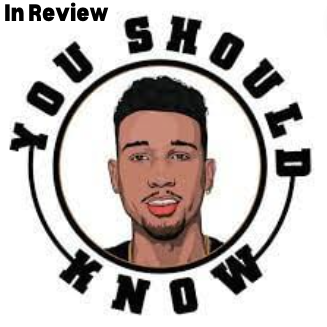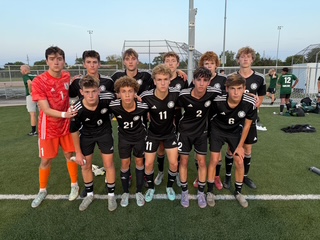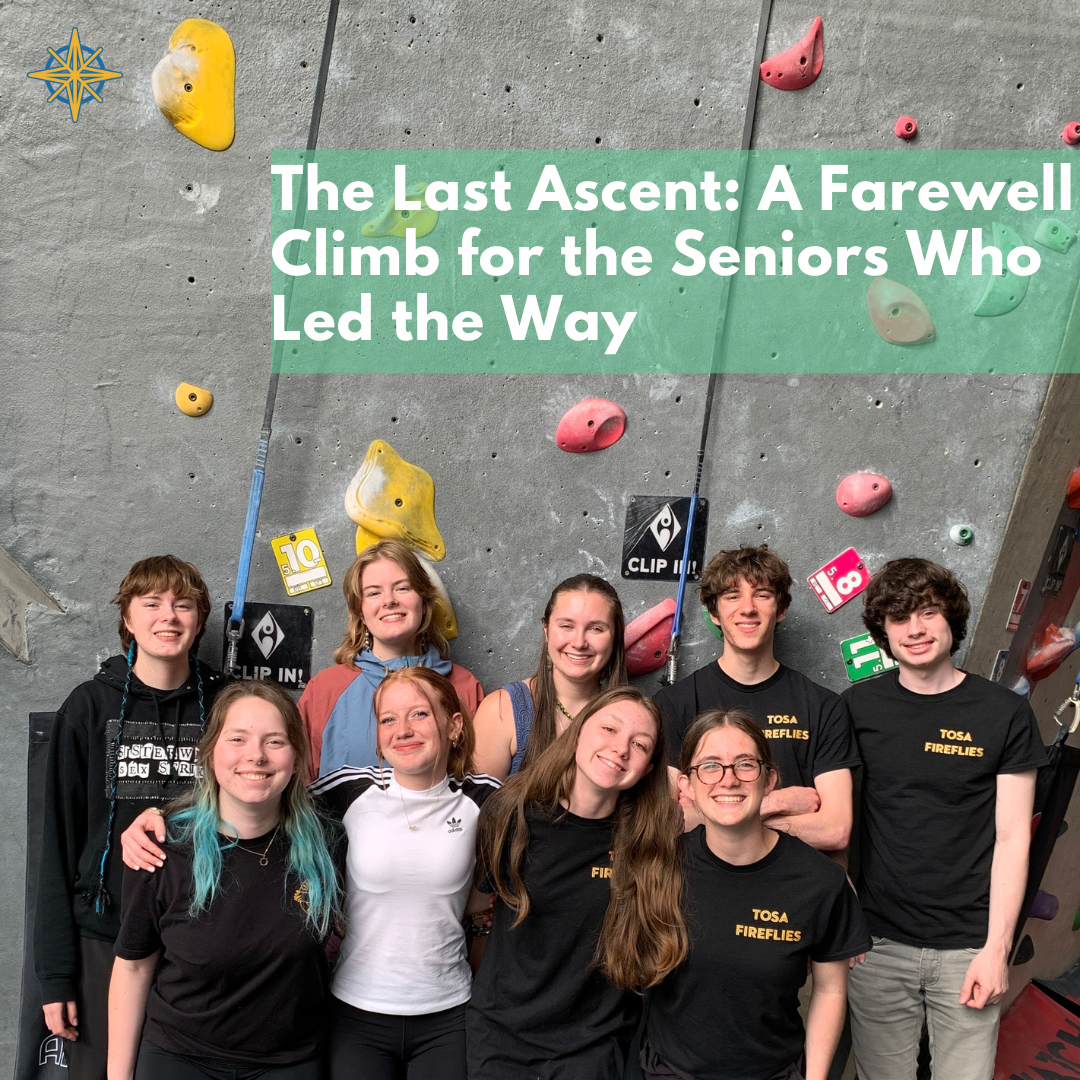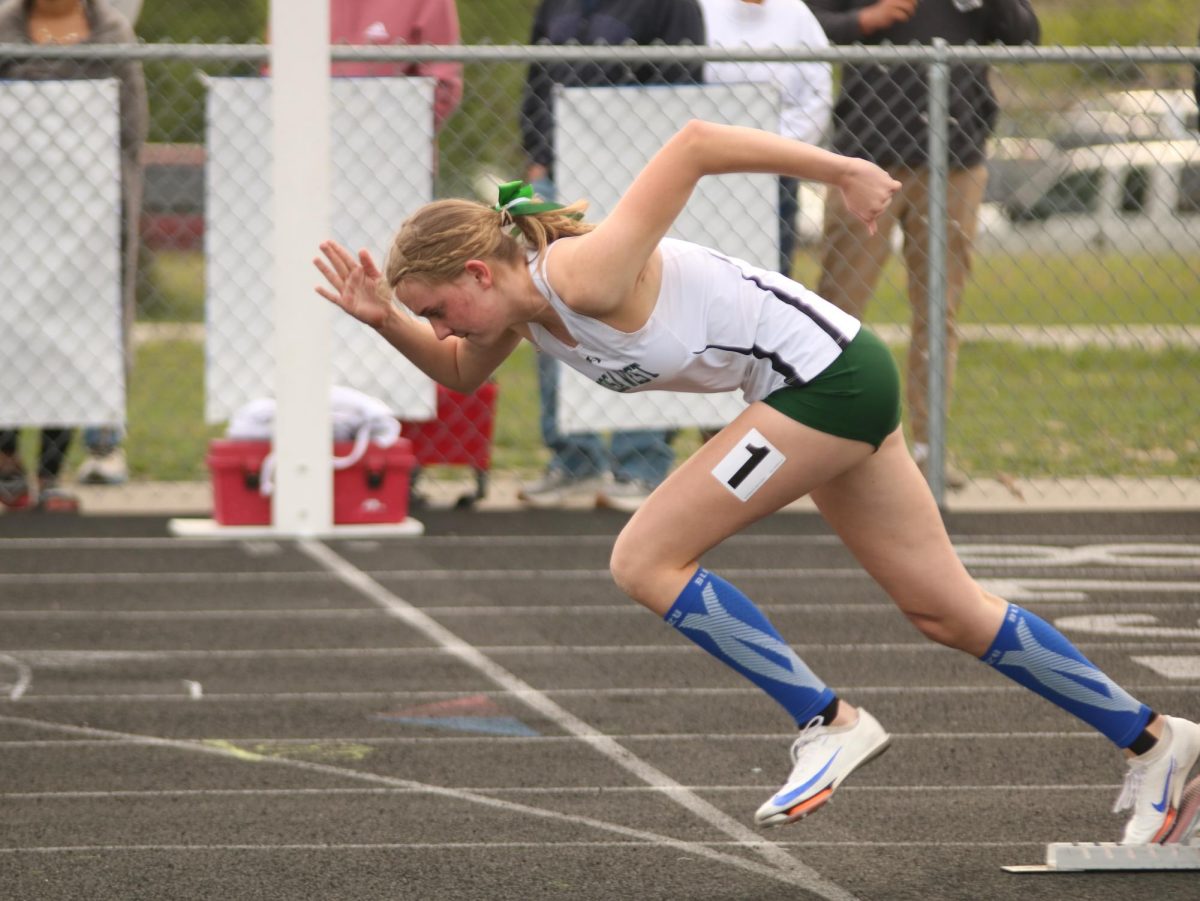Day in the Life of High School Student with a Disability
March 30, 2020
For many highschoolers, the same routine ensues… you wake up, jump out of bed and get going on your way to school. As your day starts, you run in stampedes in the hallways as the bell rushes you to get to your class and repeat but for some, this repetitive and typical day isn’t the same.
Elizabeth Thompson is a charismatic and funny sophomore at Wauwatosa West, who was born with Spina Bifida.
“I wouldn’t say it’s always the best, you have to be very determined, very powerful and independent about your body and the way you choose to live because people aren’t usually understanding of the fact you have to be accommodating and you have needs that have to be taken care of.”
Spina Bifida affects nearly 166,000 people in the United States including Thompson, and school experiences are anything but easy.
She hopes to bring light to the lives of teenagers with disabilities, specifically noting the various differences they can have: “ We should educate people on the fact people with Spina Bifida or with disabilities have more than one way of living like I can’t walk but you can.”
She goes on to mention boundaries, making it clear that people, although usually widely uneducated on the subject, need to respect them. One of the boundaries people tend to cross is when people touch her chair, she doesn’t want people touching her wheelchair unwarranted or without her permission and many other wheelchair users don’t prefer it either.
A big issue for people with disabilities is the lack of recognition, visibility, and education on the subject itself.
When asked if she felt if she had a place to connect with her peers going through similar experiences Thompson said, “There are camps and stuff for people with Spina Bifida but nothing on a school-wide level.”
She explains that we as a community should talk about this topic instead of avoiding it simply because it’s uncomfortable to deal with.
Thompson wanted to leave everybody with the final thought that not all disabilities affect cognitive abilities although some can, she wants to bring knowledge to the different types of disabilities out there.
She hopes to see schools doing more to adapt to all the students rather than just the majority saying: “ My disability doesn’t affect cognitive ability but physical, knowing what I can and cannot do, and hoping that a school can help accommodate my needs, because these are needs not wants.”
The message was made very clear throughout. Although needing some assistance having a disability doesn’t define anybody, people are much more than their labels, everybody should be educated on what are deemed sensitive or uncomfortable topics and have a place where they can be themselves without fear of judgment from others, and the best place to start this is in the schools.











